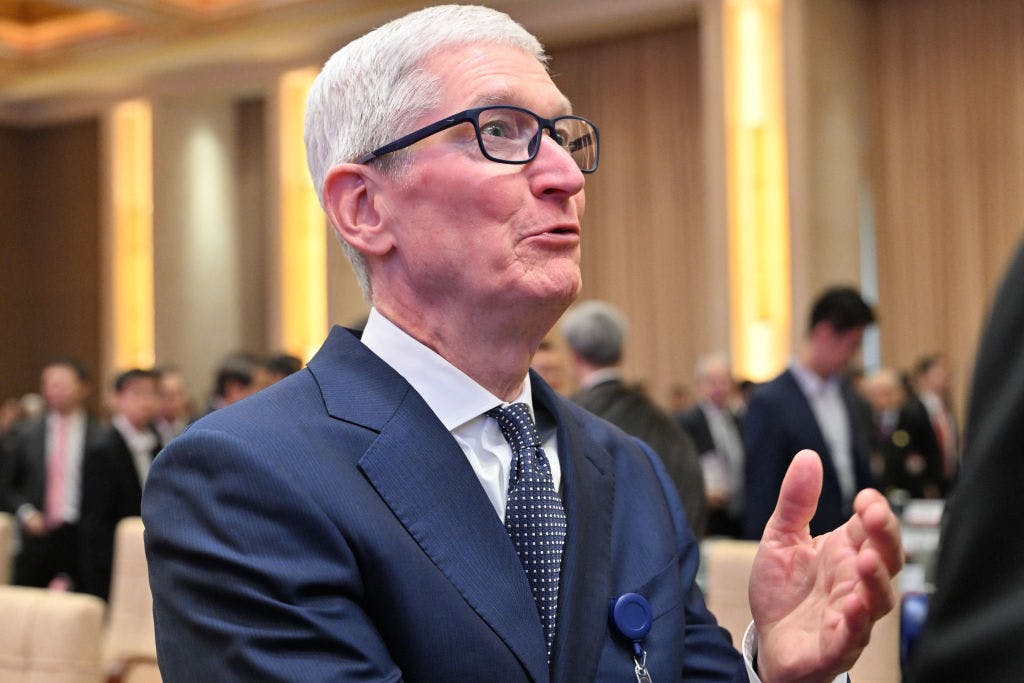Apple slumps as big iPhone sales that drove earnings and sales beat may be tariff-fueled one-off
Revenue and EPS beat analyst expectations.
Apple beat analysts’ expectations, bringing in adjusted earnings per share of $1.65 (the FactSet consensus estimate was $1.62) and revenue of $95.4 billion (analysts forecast $94.5 billion). Its iPhone revenue was $46.8 billion, compared to the $45.97 billion analysts expected and up about 2% from the $45.96 billion it was in Q2 2024.
Apple is trading down after-hours.
While overall sales were strong, revenues from China declined and missed estimates, and its services sales were also a touch light.
Moreover, there’s concern that its iPhone sales, which notably exceeded expectations, represent a one-off pulling forward of demand from customers worried that tariffs will drive up its costs.
Investors will be focused on any color about how and where Apple is moving its supply chain and how these trade levies might affect the company.
The Trump administration’s tariffs on China stand to hurt Apple more than any other Big Tech company. Apple makes about 75% of its revenue from physical products, including iPhones and Macs that are mostly made in China, where tariffs are as high as 145%. Apple and other semiconductor-based electronics companies were recently granted an exemption from those tariffs only to learn they were simply being thrown into other buckets, whose levies have yet to be specified.
The Financial Times recently reported that Apple was trying to move all of its manufacturing for iPhones for the US market to India next year.
Apple had faced sluggish iPhone sales, with a year-over-year iPhone revenue decline last quarter. Additionally, it’s been lagging its peers in the AI space and has delayed a number of AI features from its iPhone 16 — something that culminated in a personnel shakeup and may be slowing new purchases of its flagship product even more.
Apple has also been beset by legal troubles recently.
Following its own antitrust trial back in 2021, Apple was told to enable third parties to direct customers off the App Store to make in app-purchases. Apple did so but charged a 27% commission on purchases that happened on those third-party websites — a work-around that a federal judge yesterday forbade it from doing in a ruling that could cost the company billions in revenue each year.
And as part of Google’s antitrust remediation, Apple also stands to lose the roughly $20 billion a year it gets from the search giant to be the default browser on iPhones.
